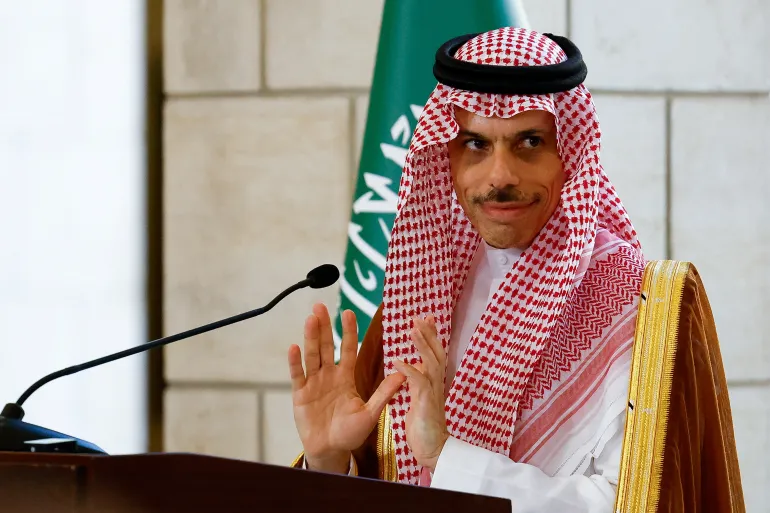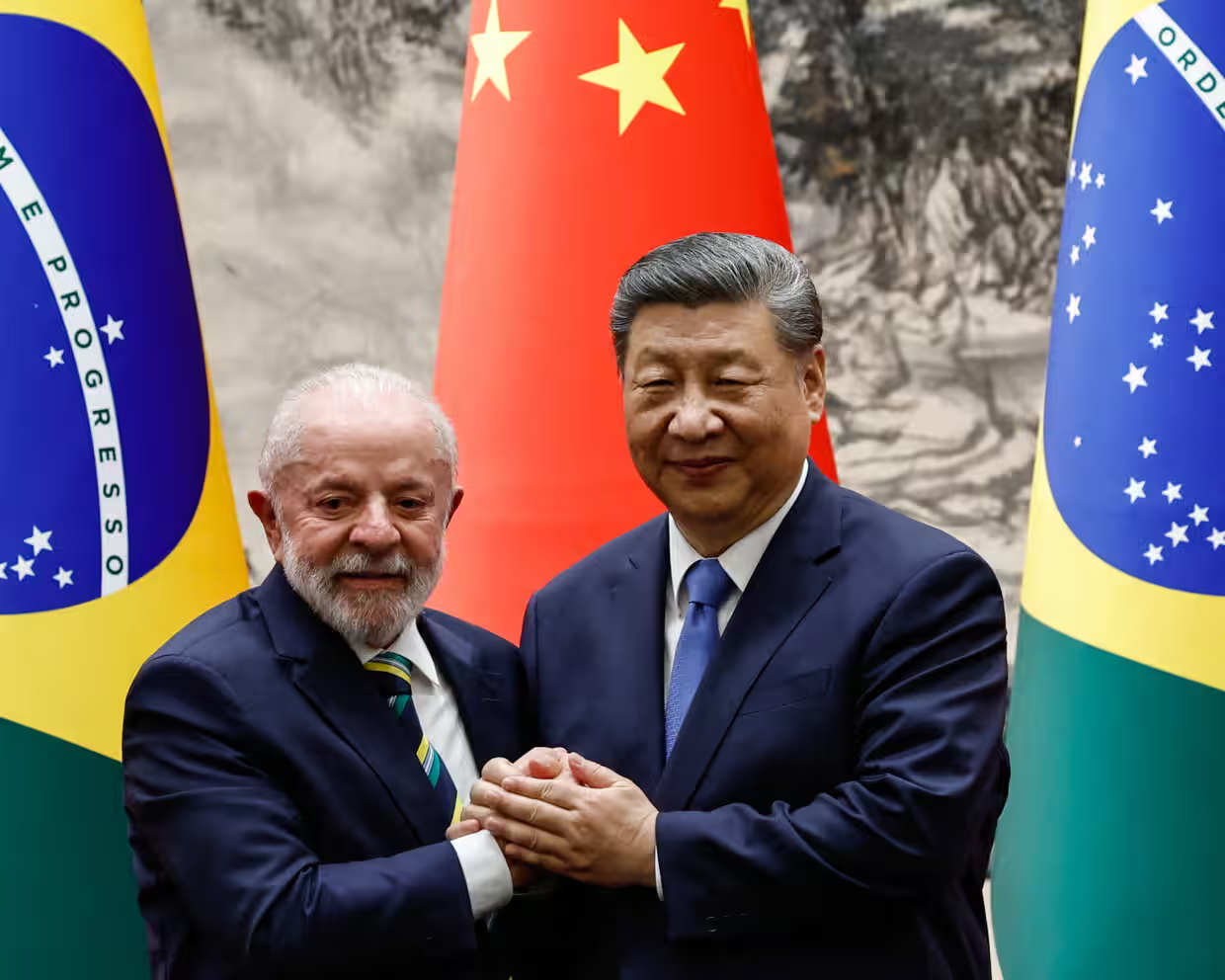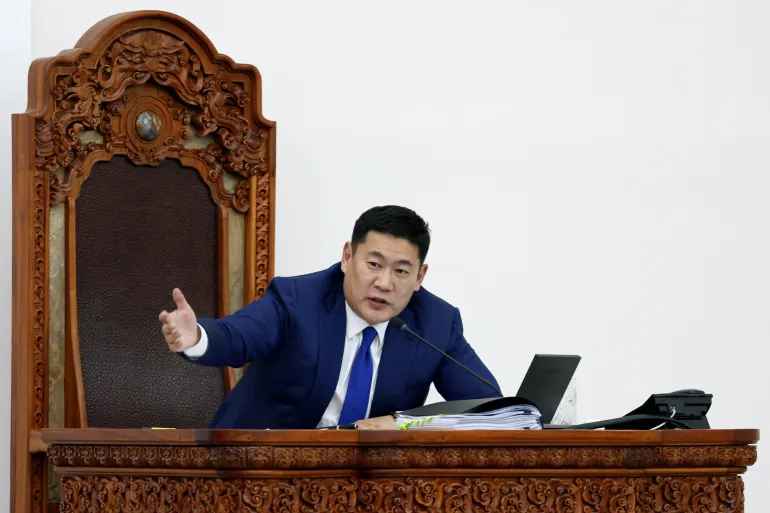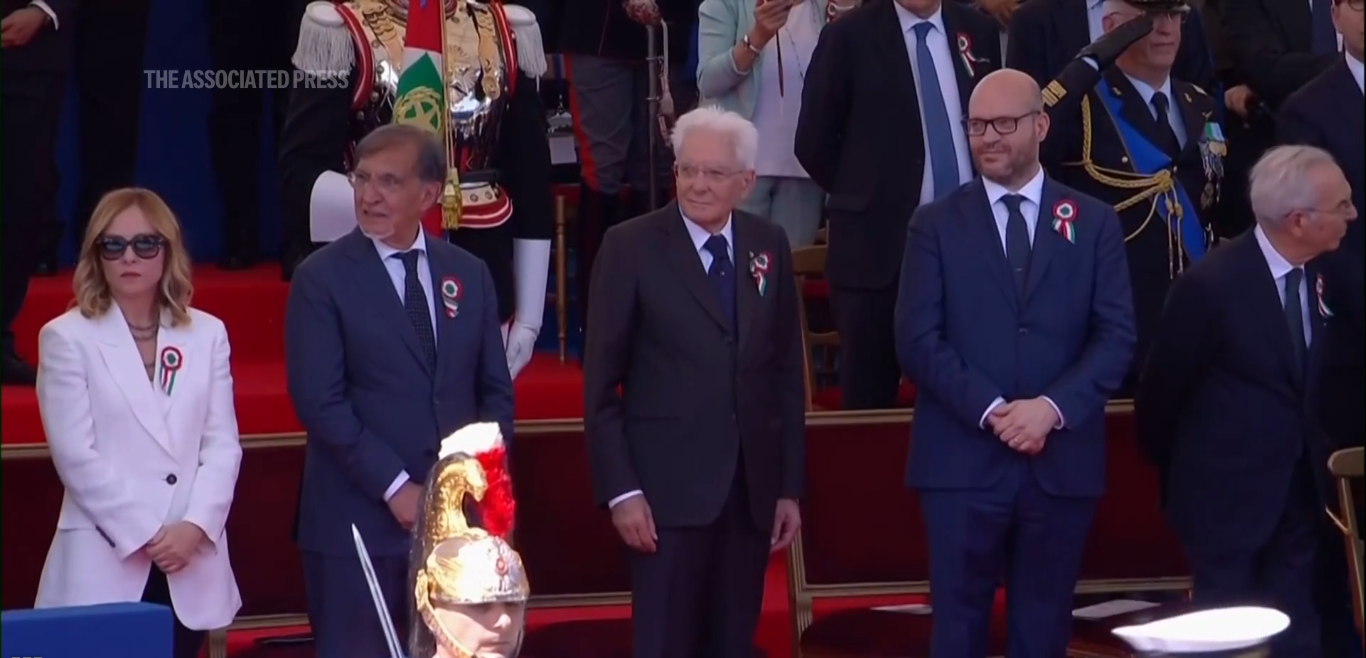Saudi Arabia announced on Saturday that it will collaborate with Qatar to jointly fund the payment of salaries for Syrian government employees, marking a significant development in regional efforts to re-engage with Damascus after years of isolation.
According to a statement released by the Saudi foreign ministry, the agreement will support the Syrian state’s administrative functions and comes as part of broader Arab initiatives aimed at stabilizing Syria following more than a decade of civil war. The funding arrangement underscores an evolving approach by Gulf states, especially as Syria gradually returns to the Arab diplomatic fold.
The move follows months of negotiations facilitated by the Arab League and other regional actors. Both Saudi Arabia and Qatar emphasized that the funding is not an endorsement of the Syrian government’s political stance, but rather a humanitarian and economic step intended to promote regional stability and reduce pressures that have fueled migration and extremism.
The statement said the support will be “tightly monitored” and directed specifically to cover the salaries of civil servants in sectors like education, healthcare, and public administration, avoiding direct transfers to military or security institutions. Saudi officials clarified that international agencies will help oversee the process to ensure transparency and compliance with humanitarian objectives.
This joint initiative is particularly notable given the history of strained relations between Qatar and Syria. While Saudi Arabia has taken recent steps to normalize ties with President Bashar al-Assad’s government—including reopening diplomatic channels—Qatar has remained more cautious. However, the economic and security challenges facing Syria appear to have prompted a coordinated Gulf response.
Qatar’s foreign ministry issued its own statement echoing Riyadh’s position, stating that the decision “reflects a shared commitment to alleviating the suffering of the Syrian people while maintaining regional cohesion.” Doha also reiterated its support for a UN-led political solution to the Syrian crisis and insisted that the funding mechanism would not alter its position on broader accountability and reform issues.
The salary payments are expected to begin in the coming months, following a verification process to identify eligible beneficiaries. It remains unclear how much money will be allocated under the plan, though analysts expect hundreds of millions of dollars to be required to cover the initiative.
Arab League Secretary-General Ahmed Aboul Gheit welcomed the development as a “constructive step toward Arab reconciliation with Syria,” adding that it may pave the way for deeper cooperation on reconstruction and counterterrorism efforts.
In Damascus, Syrian officials praised the decision, calling it a sign of renewed trust and a recognition of the state’s role in preserving national stability. However, critics argue that such funding could entrench the regime’s hold on power without significant reforms or concessions.
International reaction to the announcement has been mixed. The United States and European Union, which maintain sanctions against the Assad government, expressed concern that direct financial assistance to the Syrian state—regardless of intent—could undermine efforts to pressure the regime into meaningful political dialogue.
Rights groups have also raised alarms, warning that aid aimed at civilian institutions could be misappropriated or diverted in Syria’s highly centralized system. They called for full transparency and independent monitoring to prevent misuse.
Despite these concerns, the Saudi-Qatari agreement signals a shift in how regional powers are approaching the protracted Syrian conflict. With military options long exhausted and political negotiations largely stalled, economic engagement may be emerging as a new strategy to incentivize stability, even if it comes with considerable political and ethical risks.
As Syria continues to face economic collapse, widespread poverty, and massive infrastructure damage, the need for assistance remains urgent. Whether this new funding initiative will succeed in delivering relief while maintaining accountability is likely to determine its future expansion and the shape of Arab-Syrian relations moving forward.
Source; Al Jazeera



